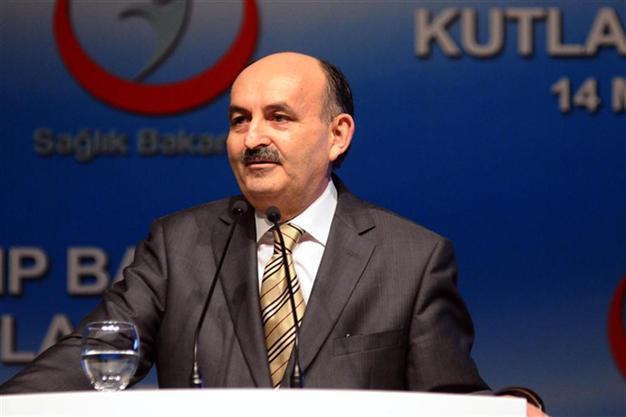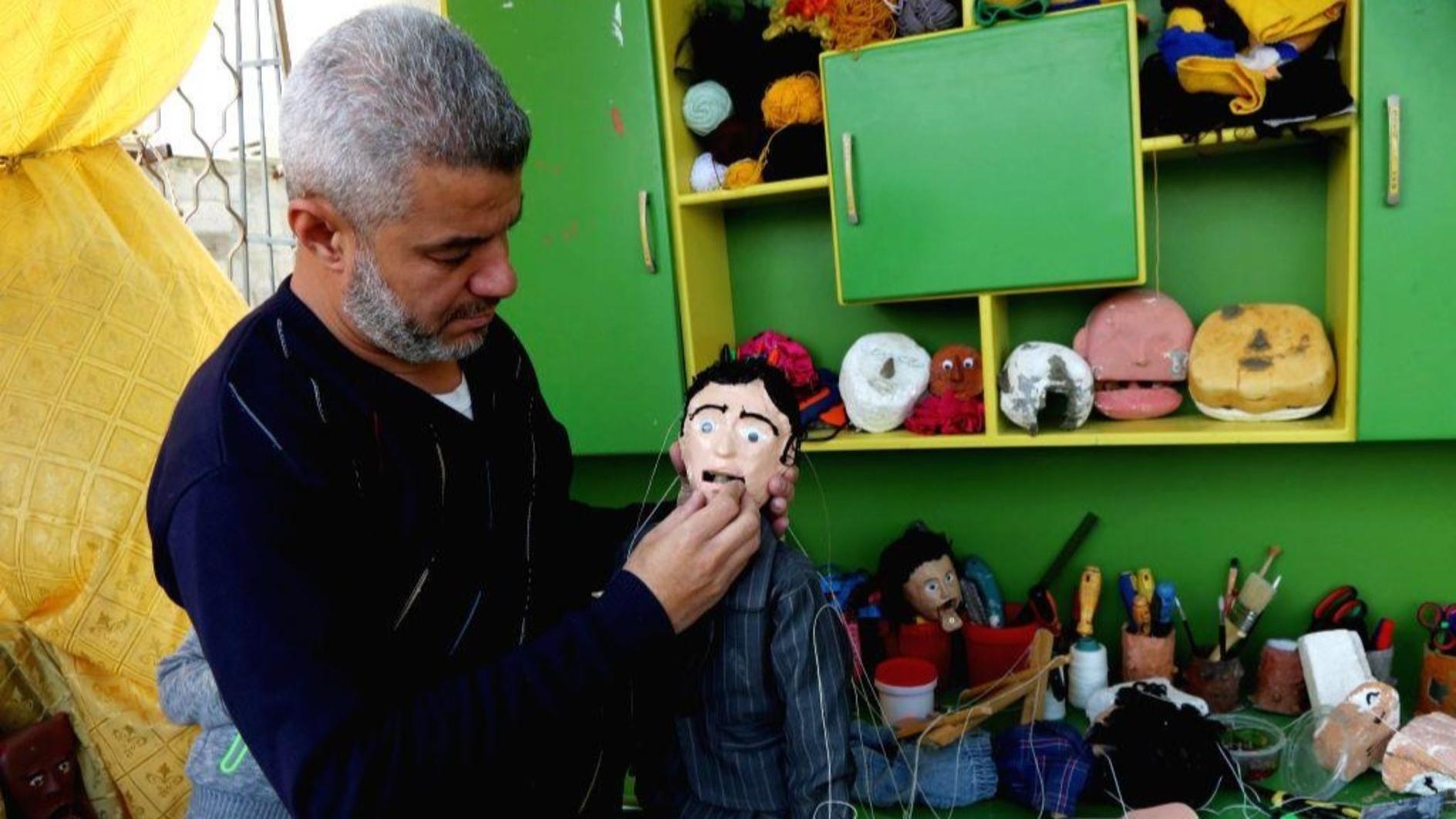Turkish health ministry to insist on full day shift for doctors
ANKARA /ISTANBUL

Turkish Health Minister Mehmet Müezzinoğlu. DHA photo
Health Minister Mehmet Müezzinoğlu has said that their study on the Full-Day Law is ready, allowing academics working at universities to contribute more in university hospitals, at the same time noting that he does not aim to take a step back from the law.“We have finished our work, which will allow [academics] to spend more time in their institutions and contribute more to the dynamics of their institutions so that they can work in their institutions after working hours. The prime minister will announce it on [March 19],” Müezzinoğlu said March.15, according to Anatolia news agency.
Müezzinoğlu denies that their study of the law is an attempt to take a step back from it, and claims the study is to address and reverse the negative effects of the law on the quality of university hospitals.
“If an institution [for instance, a university hospital,] needs a professor, then it should be working with that professor under a contract,” the health minister also said, adding that universities would be stronger with the contributions of professors. The much-criticized Full-Day Law forced thousands of specialist physicians to quit public hospitals, causing a huge deficit in the number of qualified medical personnel.
Rector expects removal of obstacles
Ankara University’s Rector Dr. Erkan İbiş told Hürriyet Daily News recently that they are expecting the removal of a legal obstacle before the examination or treatment of patients in state or university hospitals if the doctor is also working at a private clinic.
İbiş said the Full-Day Law aimed at closing private clinics has increased the number of private clinics in Turkey. In 2010, 296 out of 477 academics were eligible for opening a private clinic and only 117 of them did so.
However, in 2013, 286 out of a total of 473 academics were eligible to open clinics and 123 academics followed through, a higher rate than in 2010, according to İbiş.
İbiş also said that violence against health workers should be prevented and that university hospitals should be relieved from the financial problems they are facing.
















